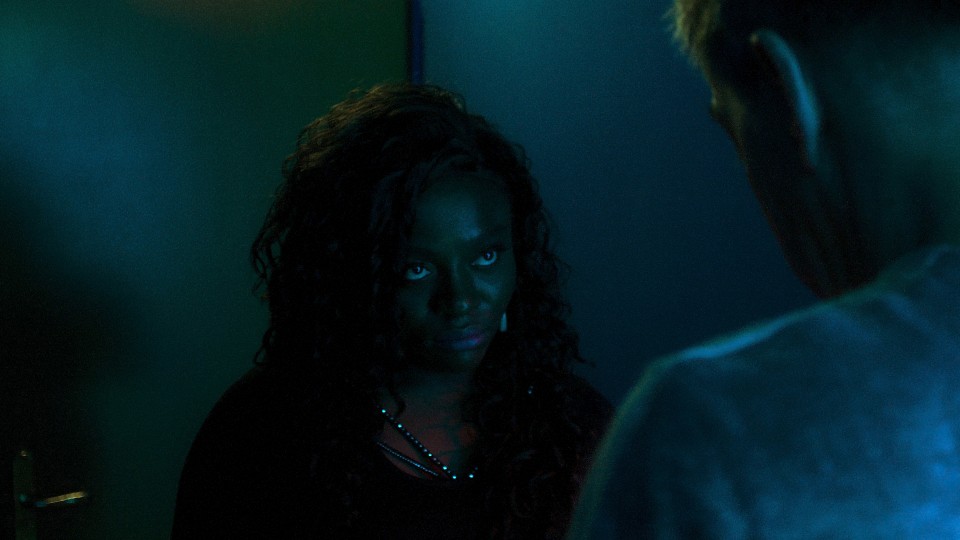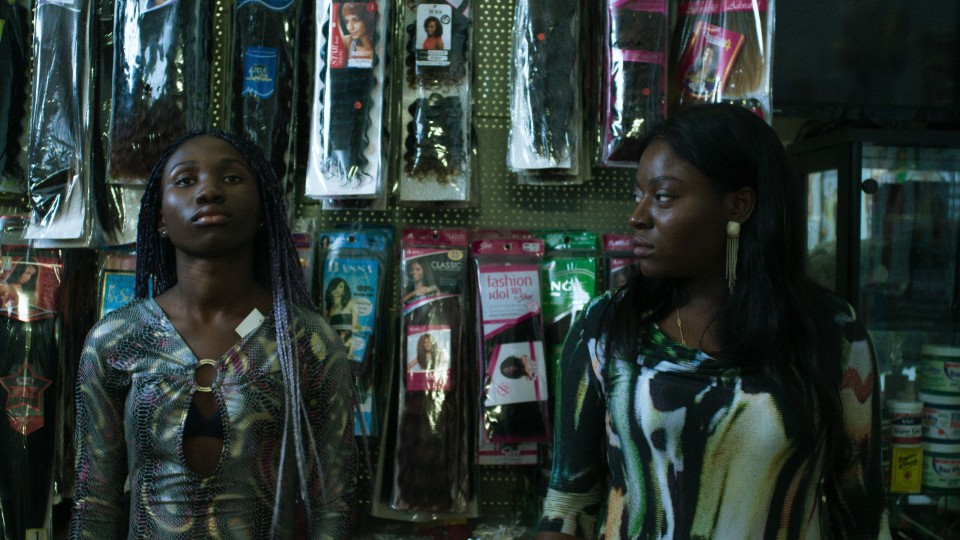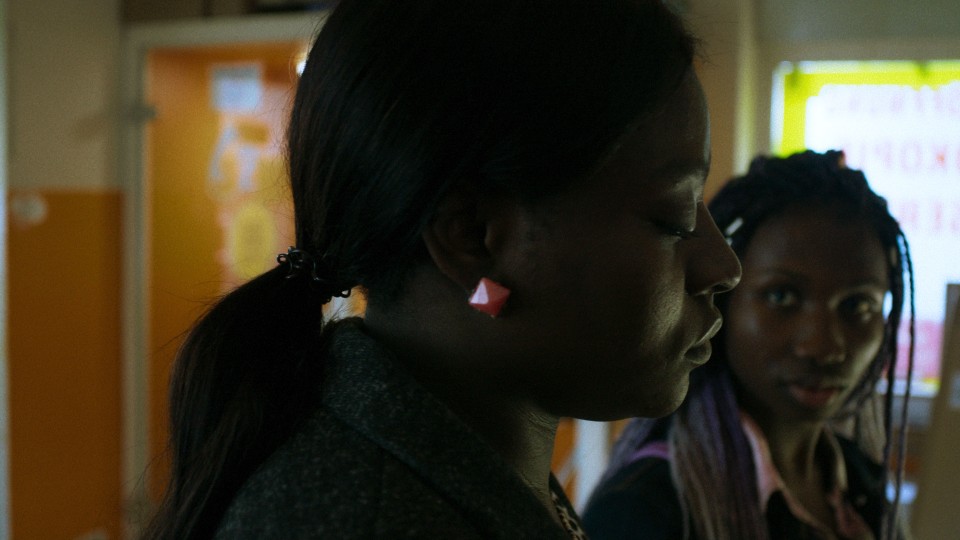Two months after the submission of Joy as Austria’s entry for the International Feature Competition, the Academy of Motion Picture Arts and Sciences informed the
Austrian selection committee that Sudabeh Mortezai’s film is ineligible because its dialogue is predominantly in English.
The Austrian committee has protested.
This is the letter by the Austrian selection committee in reaction of the rejection of the Austrian Oscar submission for Best
International Feature Film:
Dear Ladies and Gentlemen of the International Feature Film Executive Committee,
Yesterday evening we received the notification that the Austrian submission for the
International Feature Film Academy Award, the film Joy directed by Sudabeh Mortezai,
was rejected due to your perception of a too high percentage of spoken English.
Unfortunately, this decision was communicated so late that it excludes any possibility for
recourse or submission of an alternative title, thereby delaying an Austrian submission to
the Academy until next year. This is deeply regrettable.
When the Austrian submission Caché by Michael Haneke was rejected due to language
reasons a few years ago, at least the timeframe would have allowed for an alternative
submission. This was made impossible this time.
Your letter claims that the film has a too high percentage of spoken English, namely 70%,
thereby excluding the film from consideration for the International Feature Film Award.
We would like to take this opportunity to contest the reasoning of the Committee’s
arguments.
The Austrian jury made up of film-production and filmmaking experts made a very
conscious decision to submit Joy, due to its quasi-documentary depiction of the living
conditions of Nigerian sexworkers in Vienna.
The languages spoken in the film authentically reflect the realities of the characters.
English makes up less than 50% of the dialogue, the rest consists of German, Bini, and
Nigerian Pidgin. Pidgin, though sometimes based on the English language, is considered by
linguists to be an independent language with its own (simplified) grammatical structure
and a vocabulary mixing English and several native languages. It is not intelligible for
English speakers without subtitles and thus these dialogues have been subtitled in the film.
We have analysed all the dialogue in the film thoroughly and our calculation results in a
different language distribution. Taking account of every scene in which Pidgin is spoken –
which is impossible to understand without subtitles – the ratios are as follows:
Bini 8 %
German 20 %
Pidgin 25 %
English (max.) 46 % (and Pidgin understandable without subtitles)
We urge you to reconsider your decision!
Director Sudabeh Mortezai’s statement on Facebook:
Apart from the fact that obviously the Academy doesn't accept Nigerian Pidgin as a language but defines it as English, this
raises a much broader question: What is foreign (as opposed to American)?
Hollywood by default defines America as the norm, the center of the universe. Best Film of course means Best English-Speaking/American
film. (A film like Roma being the extremely rare exception) Everything else is "foreign" or as they put it now "international"
but then again it's not foreign enough if more than 50% of the dialogue is English or what they consider to be English, even
if the average American cannot understand it without subtitles. And so it happens that a film like Joy, that is so utterly and thoroughly rooted in the culture it is portraying, where the characters speak the authentic life-like
language of their community, a film that in its very nature is foreign to US-viewers and could open a window into a very foreign
world for them, is disqualified.








